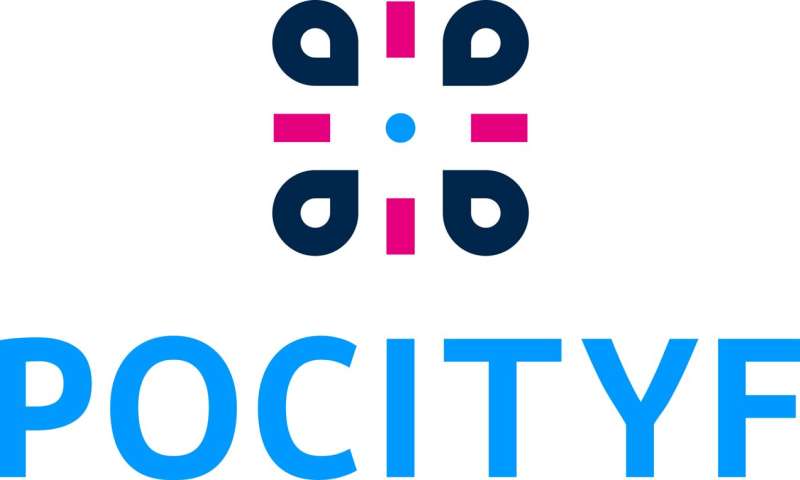Fourth Smart Heritage Cities working group: outcomes

The fourth meeting took place in Valencia and focused on challenges and strategies to engage citizen in the energy transition of historical cities
The fourth meeting of Smart Heritage Cities Working Group, founded by POCITYF, took place on the 28th of October as a parallel workshop of EURADA's AGORADA+ 2021.
During the workshop Tom Huizer and Jan Willem Veeningen, respectively Operations and Innovation Manager and Project Leader—Sustainability at De Groene Grachten, presented the Green light district, a project that is making the old city center of Amsterdam more sustainable. With the involvement of citizen, they will rename the the world-wide famous red light district into the green light district. Among the most pioneering solutions that they are implementing the following stand out: rooftop renovation, natural gas-free apartments, sustainable quay renovation, multifunctional quay wall. The Green Menu platform is the digital twin they use to share information on historic buildings and how to rehabilitate them. The platform has a lot of visual information (citizens engagement), is user friendly, presents several solutions for comfort and energy efficiency, shows the available/existing regulations.
The first topic of the discussion were the challenges that historical cities face in their path towards becoming more sustainable. Both the city of Évora and Granada are UNESCO sites and have to deal with severe restrictions for the retrofitting of historical buildings. For Évora the biggest challenge was to find solutions and materials that meet the very strict regulations while improving the energy sustainability of the (heritage) buildings. In Évora, traditional tiles made of clay will be replaced with solar shingles and it was a prerequisite to installing shingles with the same appearance in terms of color and design as the existing traditional ones. On the other hand, the city of Granada is working with citizens on sustainable mobility solutions and on the installation of innovative solutions on buildings outside the protected city center.
The discussion then moved on to the theme on how to engage citizens and make them more aware. One thing that emerged is that between knowledge and behaviour, there is a gap. Practical examples that were given during the meeting to reduce this gap are: promote sustainable shops, stimulus through information, having a better understanding of sustainability in mobility, sharing through digitalization, mobility websites, application (app) to encourage students to count km and show the saved co2 emissions etc. Mobility is one of the most approachable topics to engage with citizens and make them more aware of sustainability problems. And it results in a high chance for behaviour change towards more sustainable choices.
One of the main conclusions through the shared experiences is that there is a cultural difference between citizens engagement from city to city and how to effectively communicate with them. What works in one city may not work in a different one.
Towards the end of the workshop the topics for the upcoming meetings have been identified:
- Social engagement, how to break the gap between knowledge and behaviour;
- Strategies to fix occupants in the city center when they prefer to live outside the (historical) centre (e.g. in Evora citizens prefer to live outside the city's historical centre)
- Citizens on science
The meeting ended with a visit to Valencia's city center.
Provided by iCube Programme